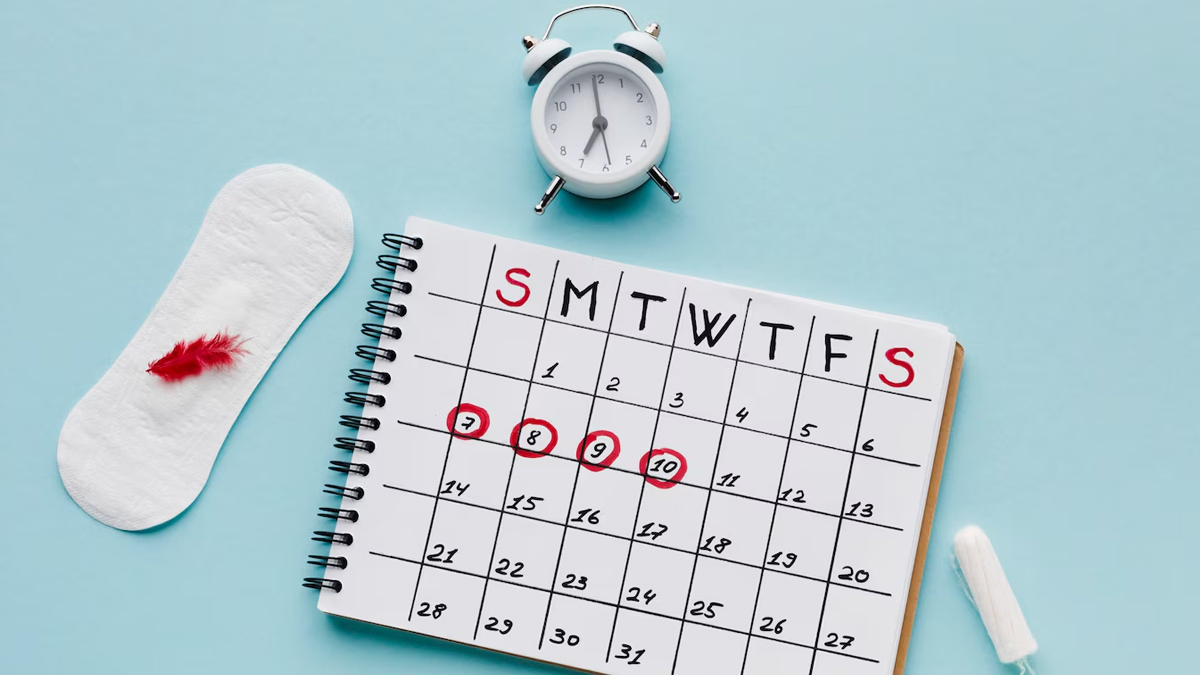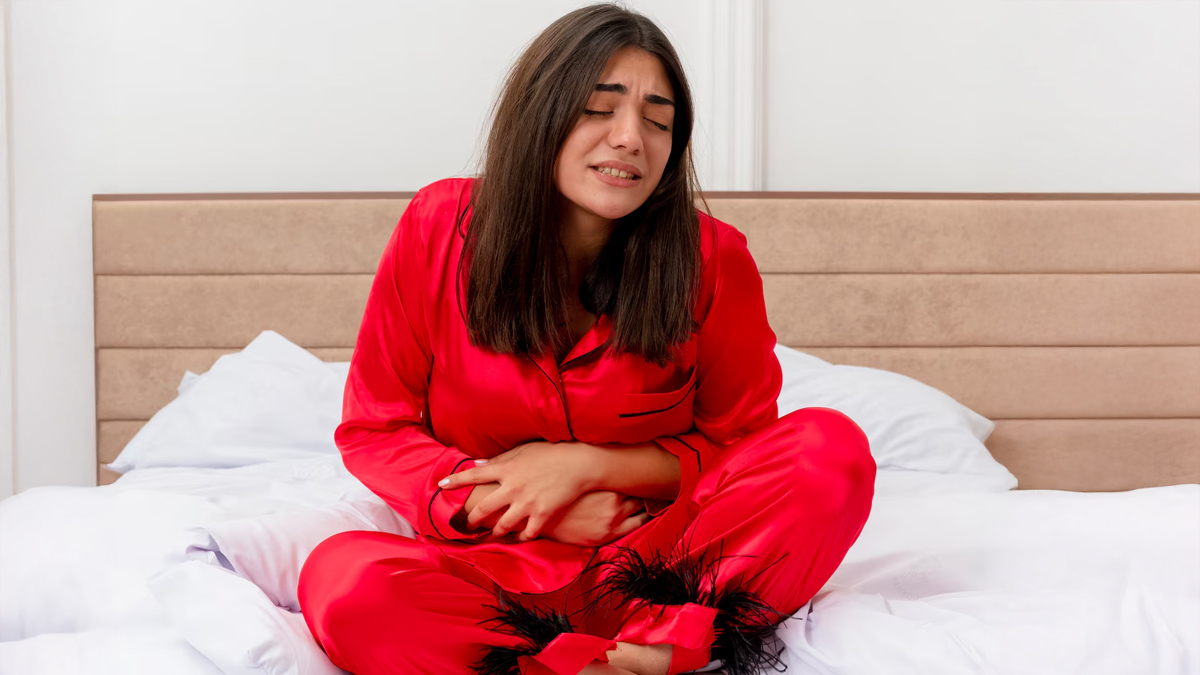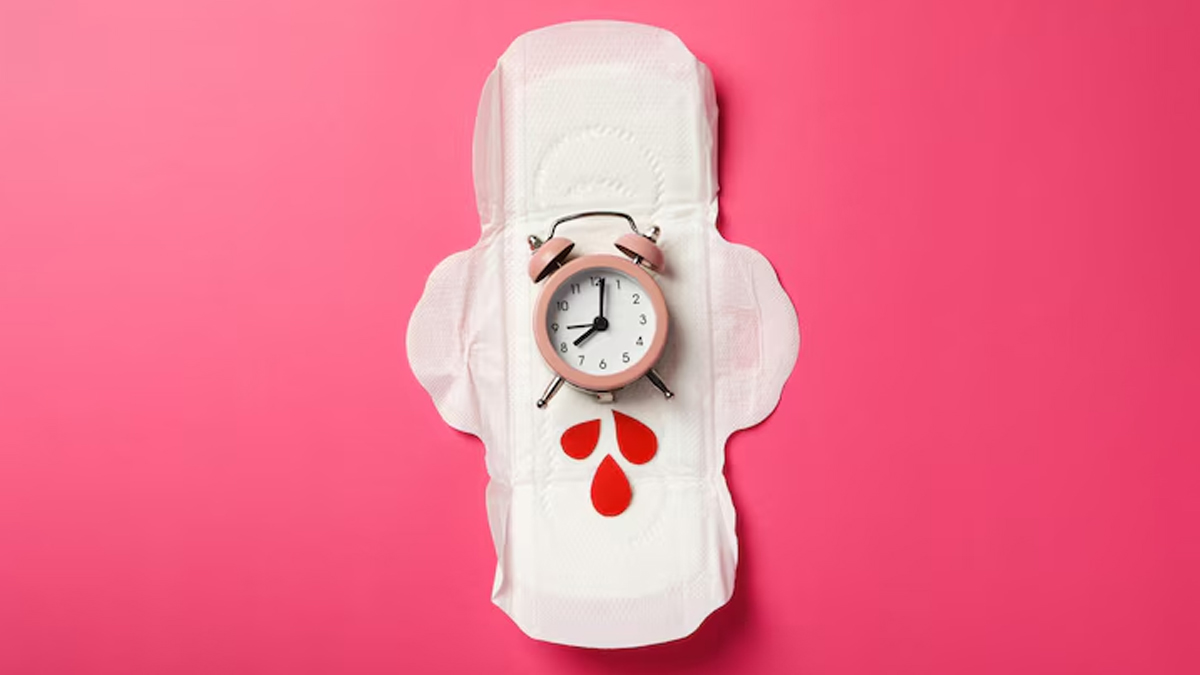
Every time you have a late period or see spotting on your underwear or have painful cramps during your menstruation, you’re likely to wonder why. Irregular periods are not uncommon; in fact, a lot of women experience them in their lifetime. But the thing is, the reason behind abnormal periods can vary from person to person. In such times, it is always crucial to have a few questions at your fingertips. In an interaction with the OnlyMyHealth team, Dr Renu Sehgal, Chairperson of the Department of Obstetrics and Gynaecology, Artemis Hospitals, Gurgaon, lists why such questions are asked and shares when it’s appropriate to visit a doctor.
Table of Content:-
Also Read: Period Cramps or Early Pregnancy? Here’s How to Tell the Difference
Has My Period Frequency Changed?

"When your periods are irregular, the length and timing of your periods change a lot," says Dr Sehgal. A normal menstrual cycle lasts between 21 and 35 days, and a typical menstrual period lasts for 2-7 days. So, if your periods come at different times or are missed often, they are irregular, emphasises Dr Sehgal. "Stress, thyroid problems, PCOS, or big changes in weight can all be reasons."
Keeping track of your cycle can help you spot patterns and possible problems early on. If you have persistent irregularity, you should see a doctor to rule out any underlying conditions.
Is My Flow Heavier Or Lighter Than Usual?
The volume of bleeding can also be a determinant of irregular periods. If you usually have lighter flows and suddenly have heavy menstrual bleeding, or vice versa, it may be time to consult your gynaecologist.
According to InformedHealth.org, a normal menstrual volume is generally considered to be less than 80 millilitres (about 2.7 ounces) per cycle. This is roughly equivalent to 5-6 tablespoons or about one and a half shot glasses full of blood.
Am I Noticing Unusual Symptoms?

In addition to irregular cycles and changes in your menstrual bleeding, there are other signs to watch out for. Dr Sehgal advises paying attention if you see spotting, have bad cramps, or feel more tired than usual. Changes in mood, breast tenderness, bloating, and even difficulty conceiving can also be related to irregular periods.
Have There Been Lifestyle Changes?
Another thing to consider is your lifestyle—if there have been any recent changes. For instance, changes in weight and stress can affect your menstrual cycle.
Dr Sehgal says, “Stress raises cortisol levels, which can mess with the hormones that control ovulation. This can lead to missed or late periods. Stress, lack of sleep, or anxiety can make it harder for hormones to send signals to the brain. Rapid fluctuations in weight can alter oestrogen levels.”
“If you don't have enough body fat, your oestrogen levels may go down, and if you have too much weight, your hormones may not work right. Both of these things can stop ovulation or make periods come at random times,” she adds.
Is There a Family History Of Hormonal Issues?

Hormonal imbalances are one of the leading reasons behind irregular periods. Therefore, if you have a family history of hormonal issues, like Polycystic Ovary Syndrome (PCOS) or thyroid problems, then consult a doctor.
PCOS involves hormonal imbalances, particularly high levels of androgens, which can disrupt ovulation and lead to infrequent or missed periods. Thyroid disorders, both hypothyroidism (underactive thyroid) and hyperthyroidism (overactive thyroid), can also affect the menstrual cycle by impacting hormone production.
Also Read: Period Clots vs. Miscarriage Clots: Expert Shares When to Be Concerned
When To Consult A Doctor?
According to Dr Sehgal, it's important to see a doctor if your period suddenly becomes irregular, stops for more than three months, or gets very heavy or painful. “If you bleed between periods, after sex, or after menopause, you should also get checked out.” These symptoms could mean that you have health problems like fibroids, hormone problems, endometriosis, or early menopause.
She further adds that ignoring symptoms that don't go away can make it take longer to get a diagnosis and treatment. If your periods are making it hard to live your life or affecting your mental health, a doctor can help you figure out what's wrong and suggest safe ways to treat it.
Also watch this video
How we keep this article up to date:
We work with experts and keep a close eye on the latest in health and wellness. Whenever there is a new research or helpful information, we update our articles with accurate and useful advice.
Current Version